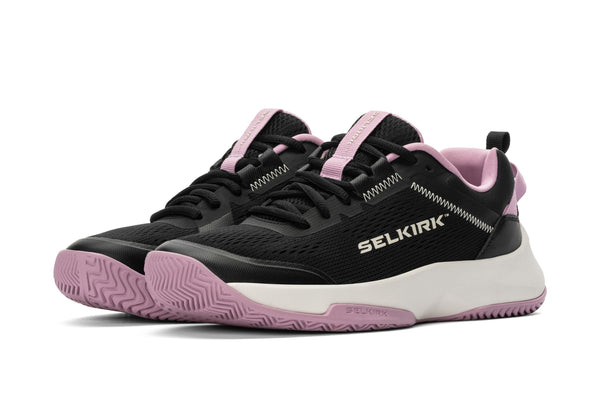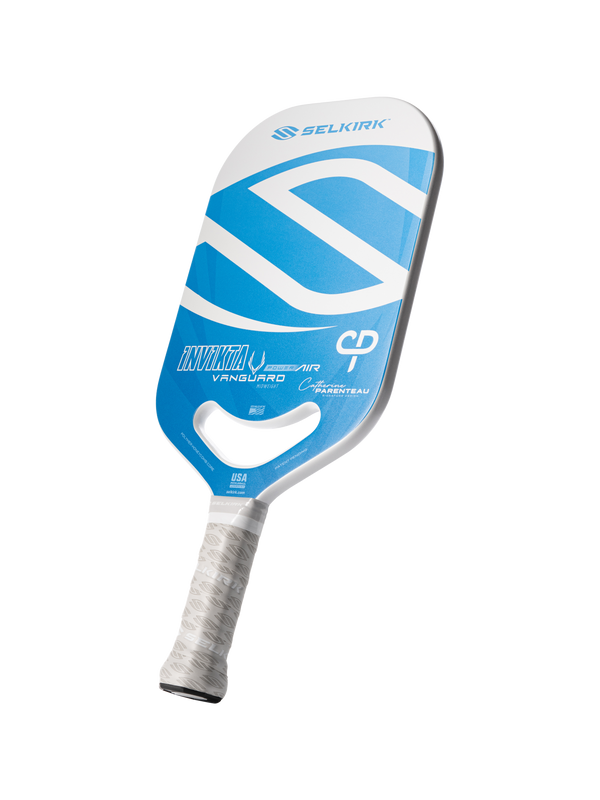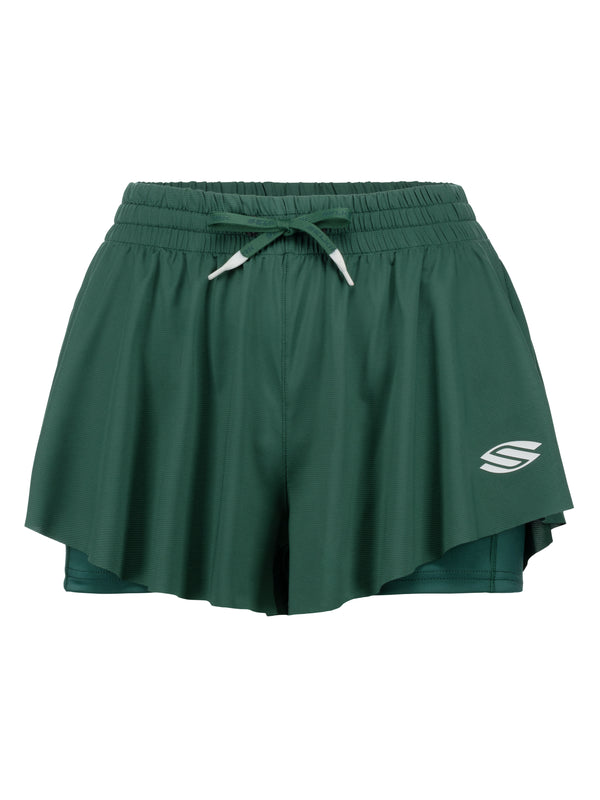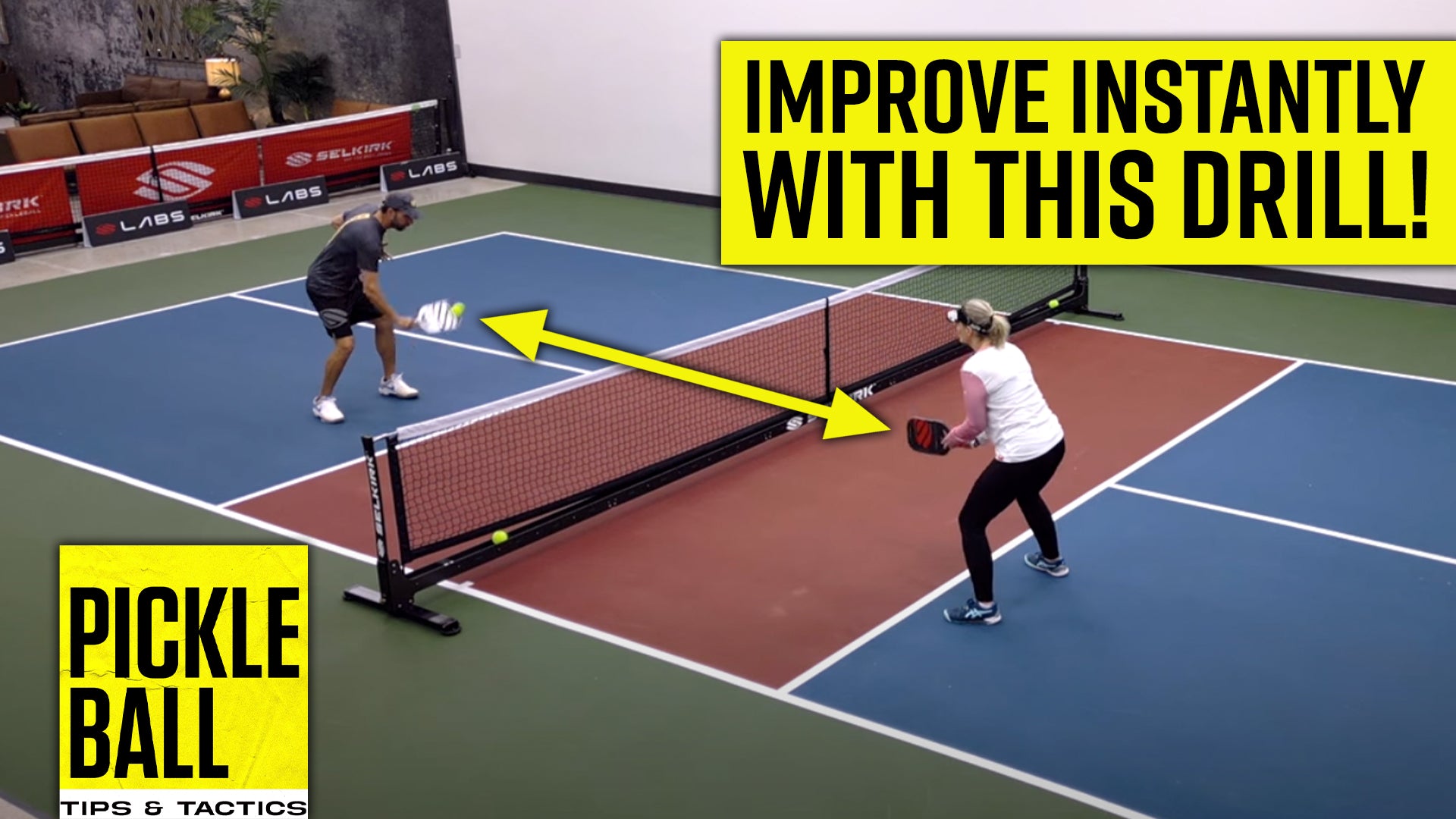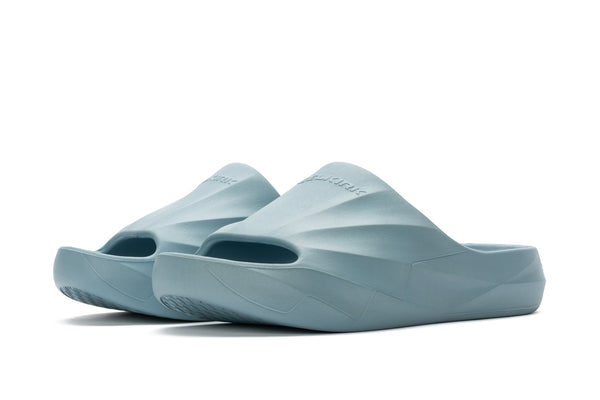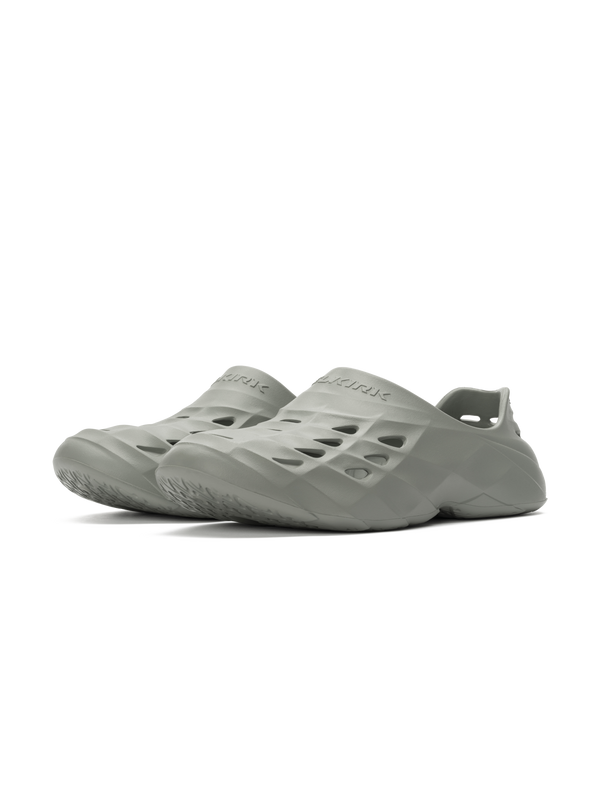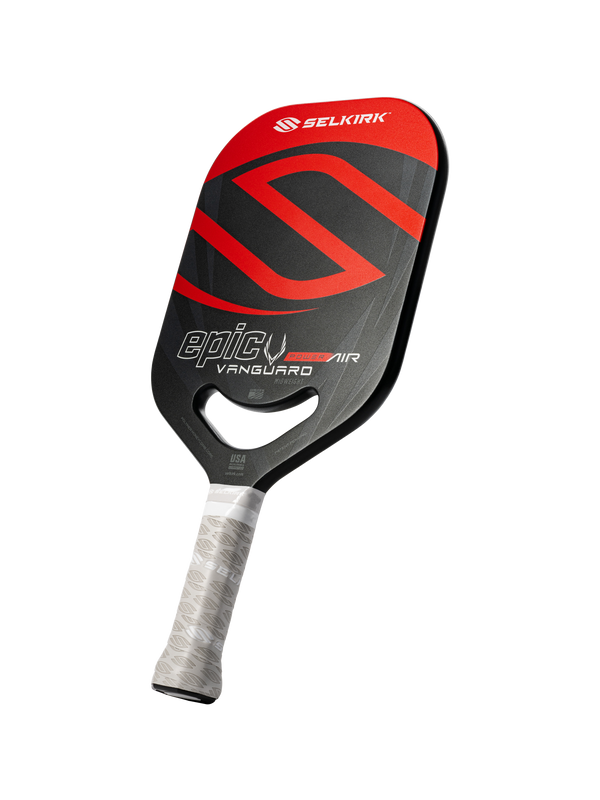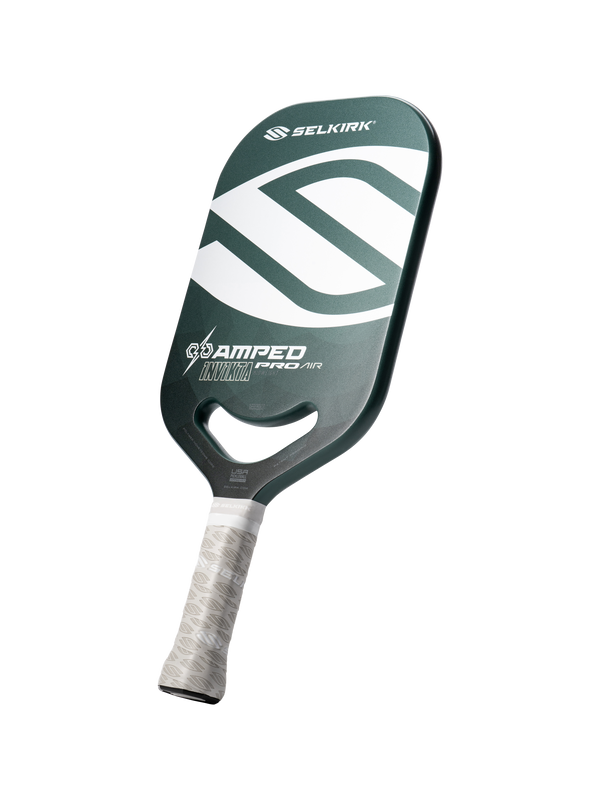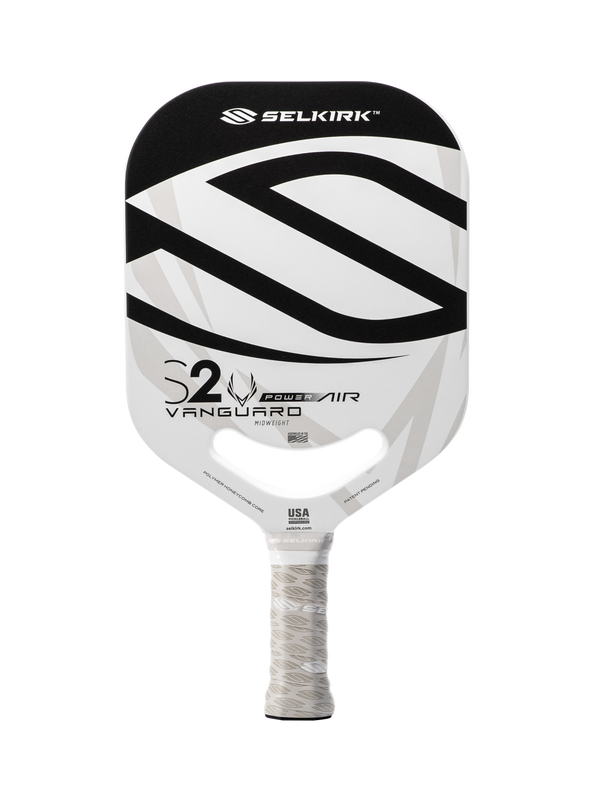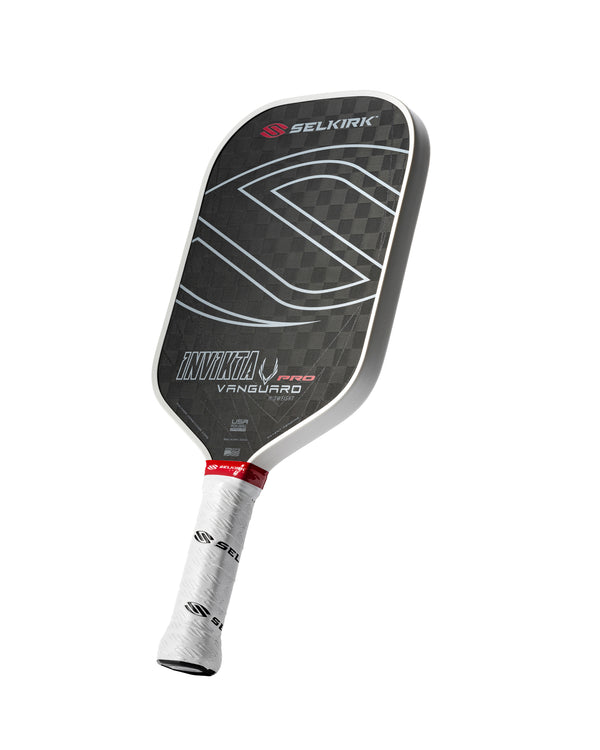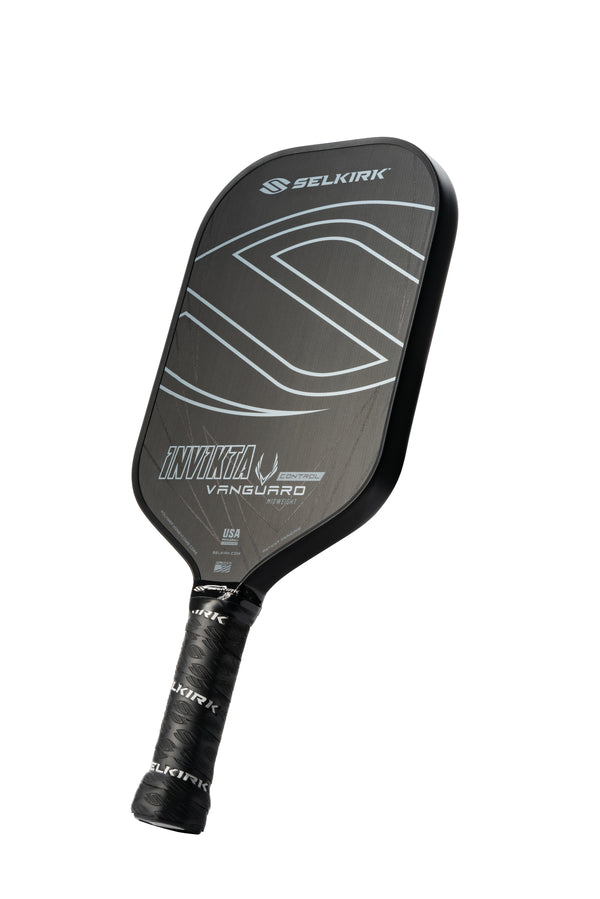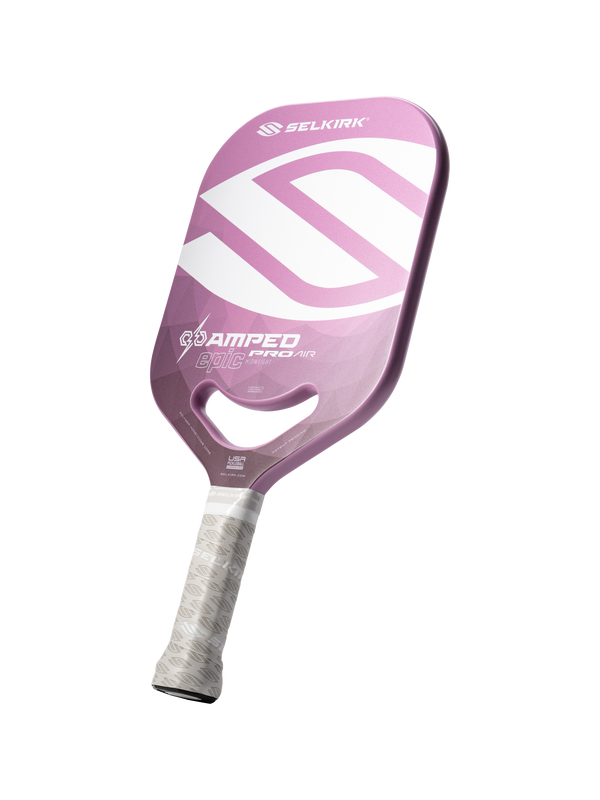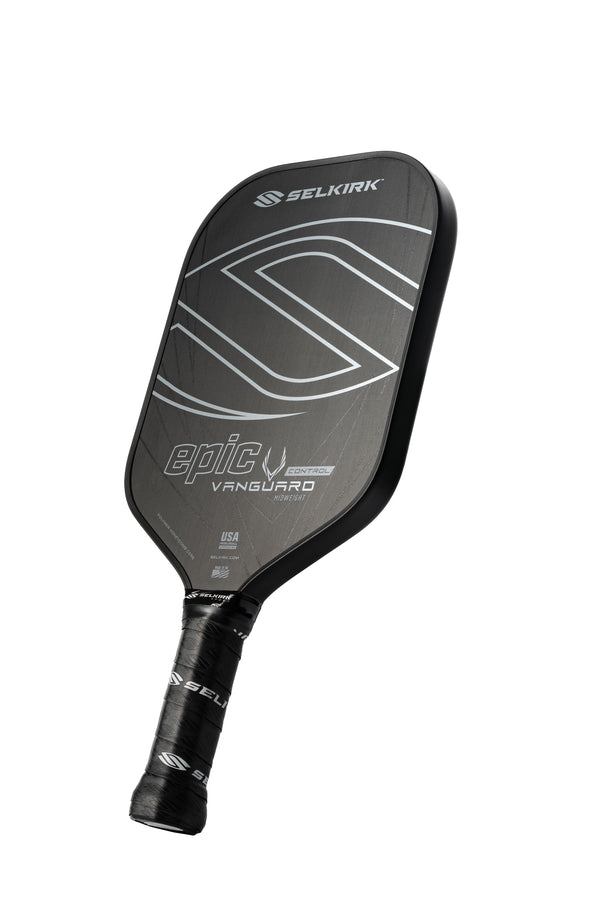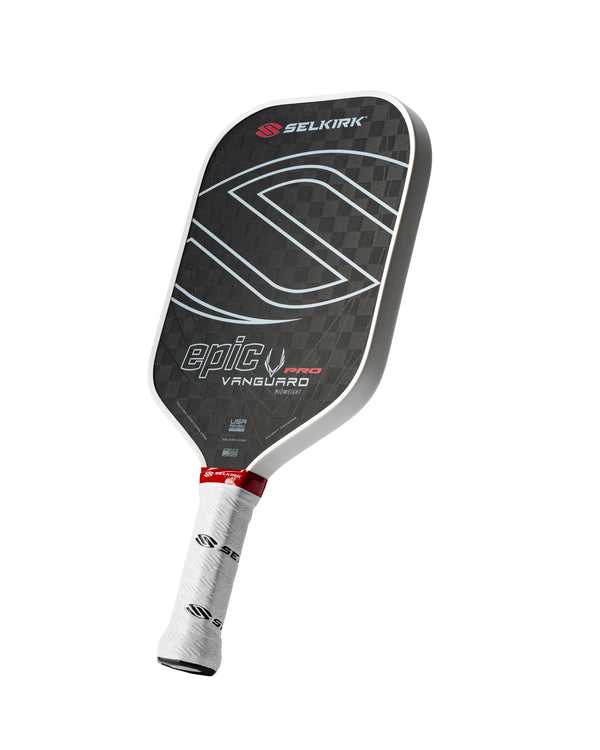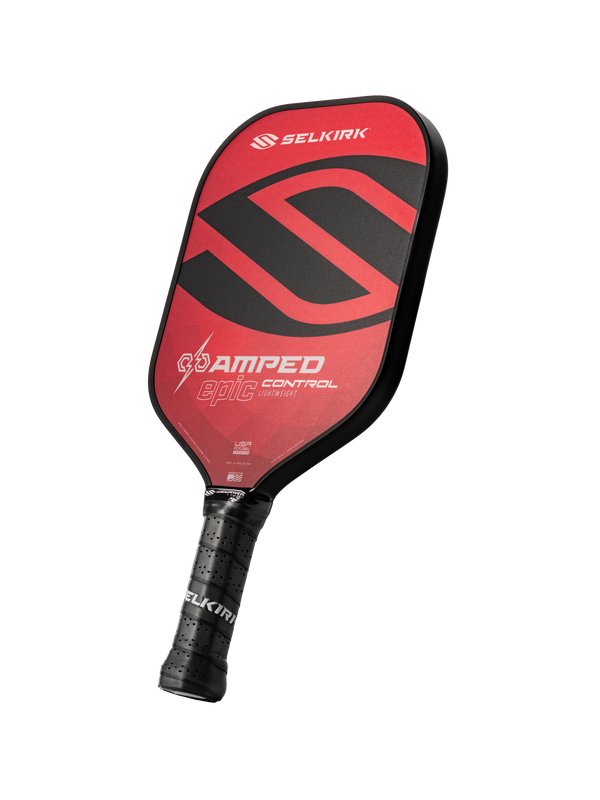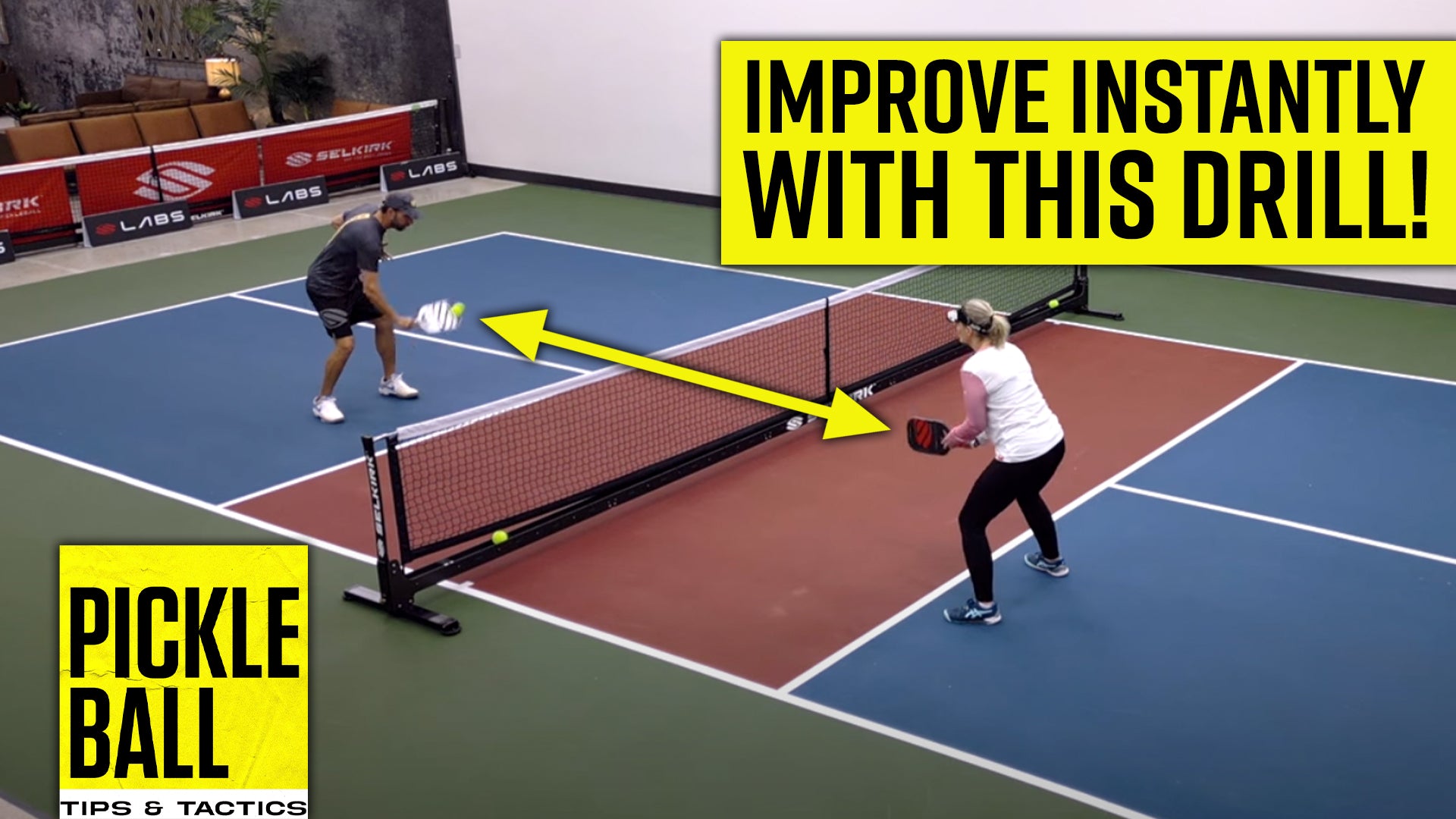
One of the most overlooked areas to a successful pickleball game is the warmup — it’s not enough to hit a few stationary dinks before starting a match.
This type of warmup does not accurately depict the types of shots you’ll be hitting in a match, particularly in recreational play.
On every point, however, you or your opponent will likely attempt a third shot drop or reset to get to the kitchen line. That’s why one of the most powerful warmup tools is the slinky drill.
In his latest Selkirk TV episode, pickleball professional coach and mental game instructor Daniel J Howard shares tips on how to make the slinky drill more effective.
What is the slinky drill?
The slinky drill is designed to allow you and your partner to practice hitting balls into the kitchen from various positions on the court.
As the name suggests, you and your partner will move back and forth on the court, just a slinky expands and compresses when you play with it. The goal is to get comfortable being able to hit a reset into the kitchen from any point on the court.
How to do the slinky drill
To begin, have you and your drilling partner start on opposite sides of the net at the kitchen line. Begin hitting 10-20 dinks in the kitchen to each other.
Once you are comfortable, take two steps back toward the baseline. Your partner will stay at the kitchen line and continue to hit balls toward your feet.
Continue hitting balls until you consistently drop them in the kitchen from this distance, then take two more steps back. Continue this process until you reach the baseline, once there, continue the process as you make your way back to the kitchen.
When you reach the kitchen, it’s your partner’s turn to start the slinky drill. Be sure to practice forehand and backhand shots at each step of the process.
How to elevate the slinky drill
Once you get more confident in your slinky drill, you can begin to move backward after every successful drop. So, rather than hit a set number of shots after each step backward, you will hit a successful drop, step and prepare for the next drop.
You should focus on getting set before each of your shots. You should not be hitting the ball as you are moving as this will cause errors.
If you make a mistake, simply start over from where you left off on the court. You do not need to head back to the kitchen and start the whole process over.
Download the Selkirk TV app HERE to watch the complete episode and many other Selkirk TV original shows, podcasts, lesson series from the pros, and much more.



